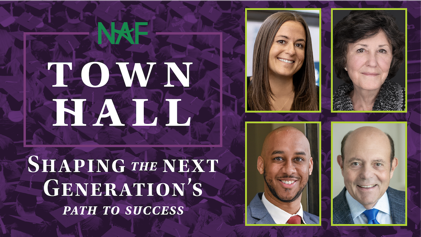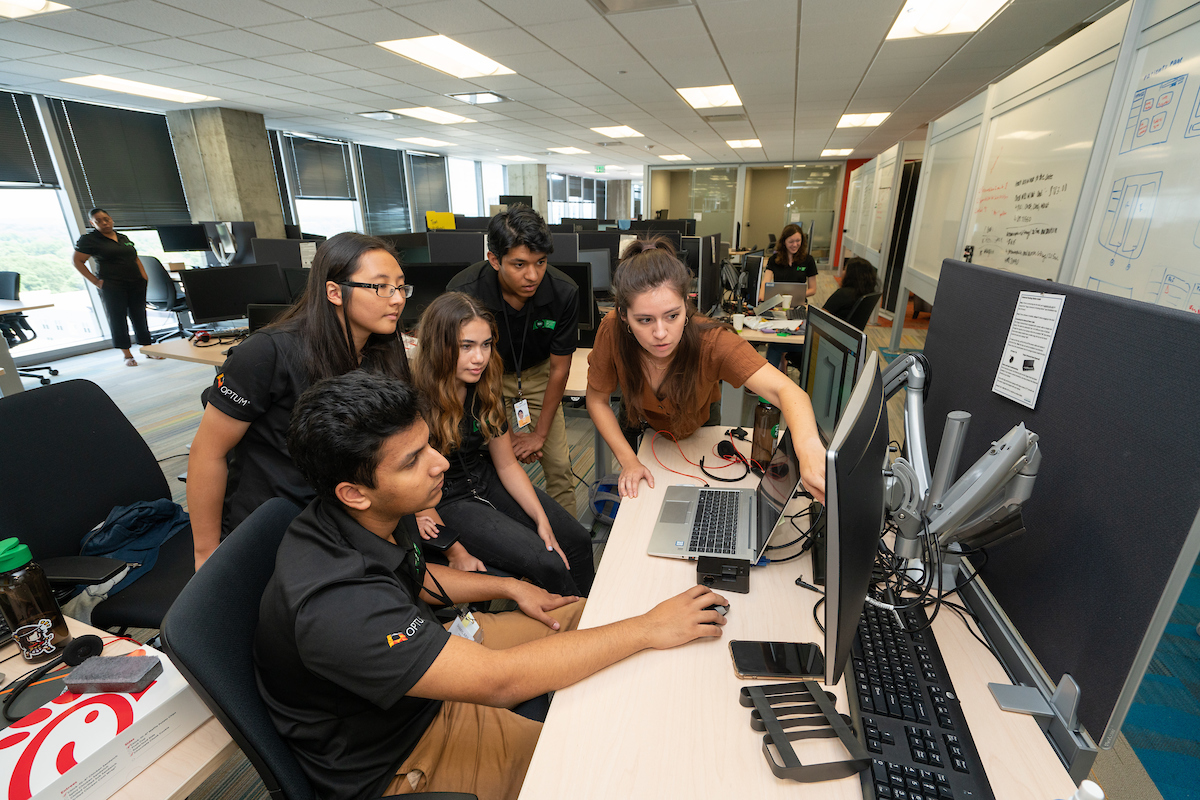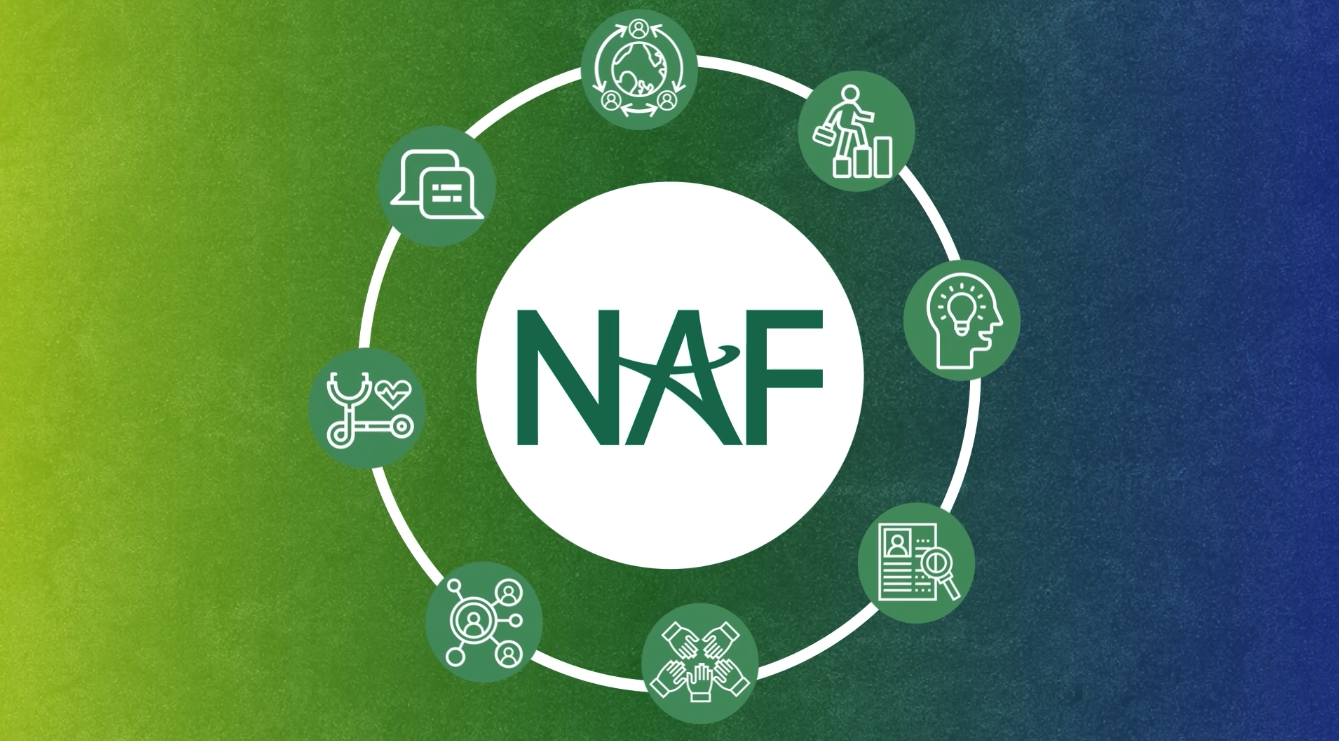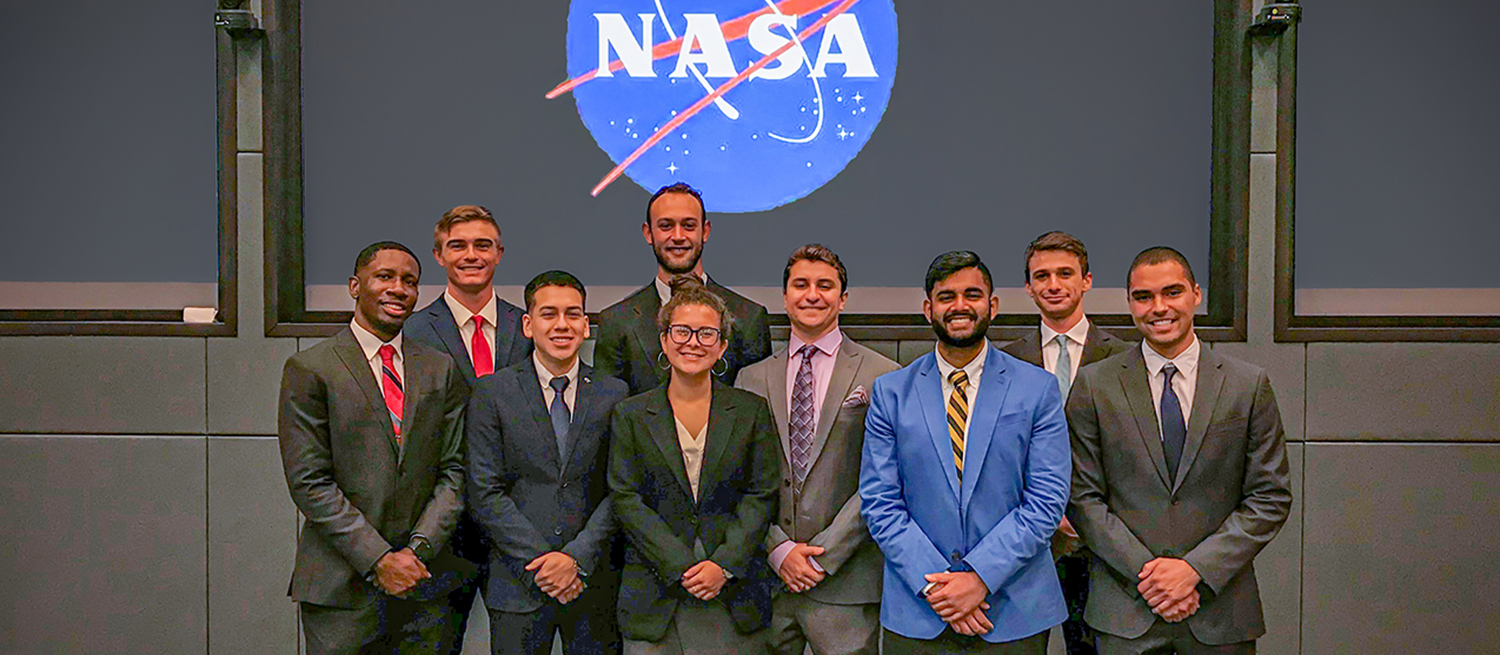NAF Town Hall Recap: “Shaping the Next Generation’s Path to Success”

Last week, NAF was proud to host its second Town Hall of 2024, that honed in on innovative models and strategies for creating a student-centered and collaborative learning environment that leads to economic mobility and sustainability: “Shaping the Next Generation’s Path to Success.”
Did you know that the average high school graduation rate for students enrolled in career and technical education programs is 93%, compared to the national average freshman graduation rate of 80% (ACTEonline.org)?
Lisa Dughi, Chief Executive Officer of NAF, acted as the moderator for an esteemed panel that presented their expert perspectives on this critical topic area. The discussion featured Jean Eddy, President and CEO of American Student Assistance (ASA); Maurice Mathis, Senior Director of Pre-College Programs at NC State; and Eugene Ludwig, Co-Founder and Vice President of the Carol & Gene Ludwig Family Foundation.
Lisa kicked off the conversation by asking each panelist how high schools can create a culture that values both college and career readiness, moving beyond the traditional “college for all” mentality.
Jean shared, “I would say that the first step is creating those work-based learning experiences, those pre-apprenticeship programs, and those internship programs, that enable students to go out and test and try. We need to ensure that once those experiences are created, they are available to ALL students, so that they can meet their full potential.”
“It’s really all about equity and access to opportunities. There’s also a structural change that needs to happen at the high school level that will allow these types of conversations and opportunities to happen, despite the school staff sometimes being stretched thin. It’s also important to think about the conversations in terms of post-secondary — it doesn’t automatically mean college — it really means after high school, and what post-secondary plans are available to students; to be college ready, to be career ready, to go into trades, etc., it’s all of that,” Maurice expressed.
Gene offered, “High schools should have programs [like NAF] that expose young people to a broader experience, where they can get to know better what a career is all about in various areas and understand what it’s like to be in a workplace environment. Giving students the chance to decide, as they’ve had the maximum amount of experience, is the best thing.”
“There’s such a need to have some type of program that will help students transition from high school to college, as they are very different. A smooth hand off is essential to help students bridge that gap,” Maurice added.
The panel went on to talk about the importance of data and how schools can measure and demonstrate the impact of their CTE programs on student outcomes, in terms of academic achievement and career readiness.
Gene affirmed, “As we try to refine what we are doing, I’m a huge believer that data is critical. If one has a sense of what they want to achieve in a program and can measure that, one can determine whether or not the program is accomplishing what they have set out to achieve.”
“Data can tell you a lot, but there’s a need to go deeper and understand where the data is coming from. A benchmark of one student, or even one population of students, can be very different than another population. If they start at different places, it’s hard to truly see the progression and growth, so it becomes imperative to look at the story behind the data,” Maurice explained.
Jean echoed, “We really need to be able to incentivize states to have long-term success metrics, to understand what they are measuring and what credentials students acquire to help them take their next steps. It’s key for students to understand what they are gaining from these experiences and how they can use them as a springboard for their futures.”
Being almost four years removed from the COVID-19 pandemic, the educational landscape and narrative has shifted significantly, and the panel considered just how much has changed and what we need to do to better support students.
Maurice said, “We must understand just how far-reaching the effects of the pandemic are and that we are still very much in the trenches of that. What’s truly happened post-pandemic is that educators and the like are having to reimagine how we relate to students. It’s a different generation and when there’s so much to contend with, as educators, we must be ready to be one piece of an ever-evolving puzzle in a student’s life, and in doing so, can make an impact.”
“This is a community effort, in coming up with the answers about what is needed for the workforce and what skills are required. Businesses have to let us know what their needs are, but also what the challenges are, within these industries, so that they can be shared,” Jean imparted.
Gene reflected, “I’ve learned a lot from being on the NAF Board of Directors over the years, but what really has impressed me is the degree to which business leaders [both at the local and national levels] want to help. Communities are encouraged to reach out to bring them in, to provide interaction with the students, and we have seen that these efforts can make a tremendous difference. It’s a win win for everybody.”
For additional insights, watch the full recording to hear more of what the panel had to say and how we can continue the conversation and receive input from many different stakeholders, to lean into education, and set students up for the current workforce and the workforce of the future.






